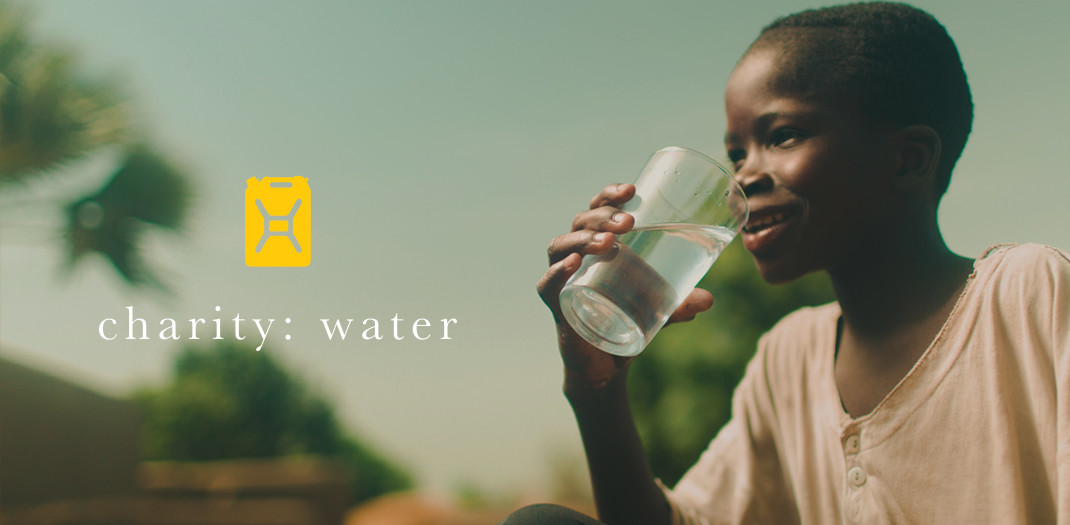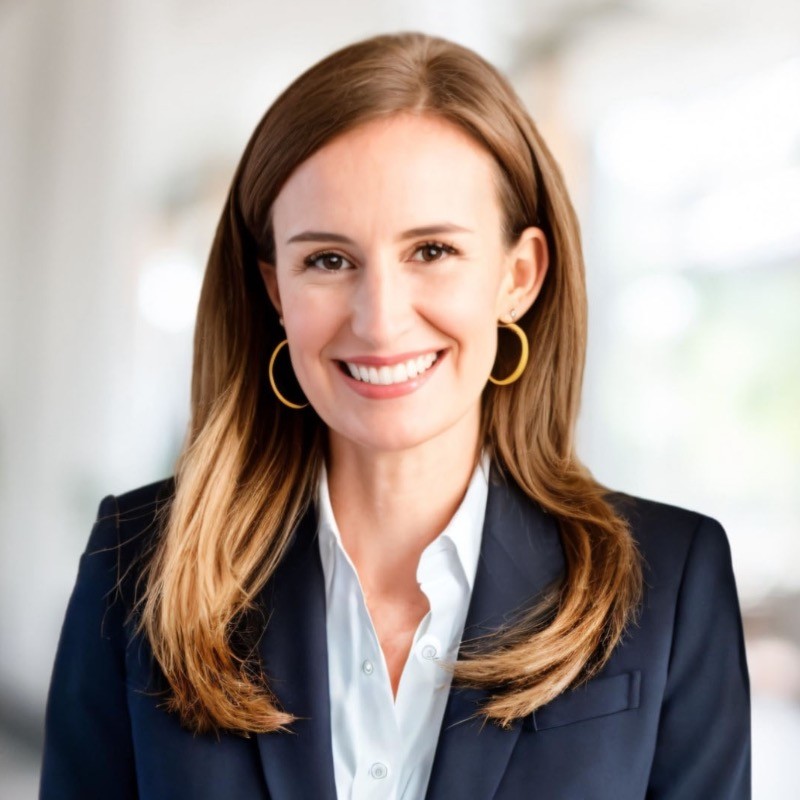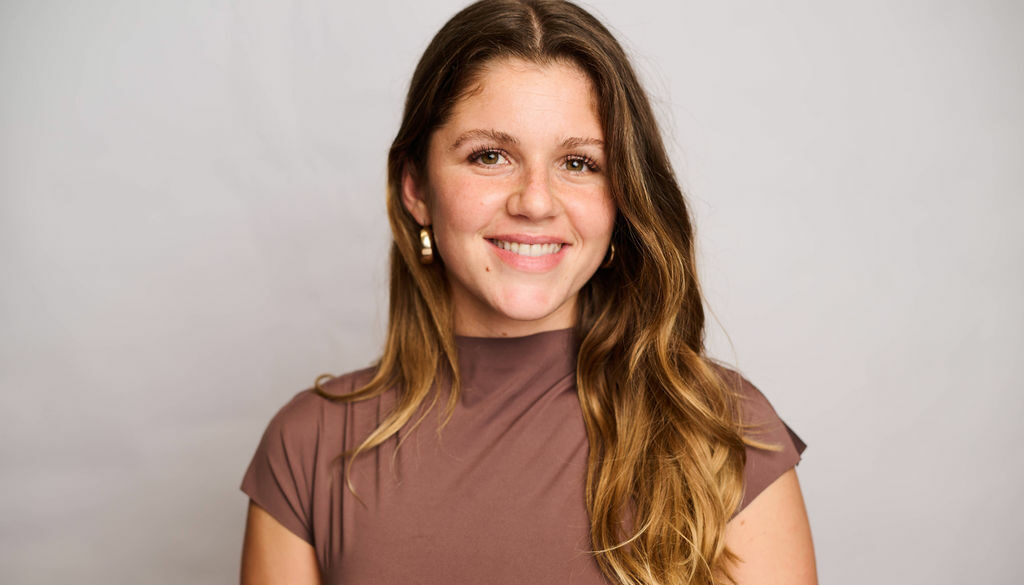We caught up with the brilliant and insightful Melissa Russell a few weeks ago and have shared our conversation below.
Melissa, we’re thrilled to have you on our platform and we think there is so much folks can learn from you and your story. Something that matters deeply to us is living a life and leading a career filled with purpose and so let’s start by chatting about how you found your purpose.
I attended the University of Texas at Austin for undergrad and graduate school and worked in marketing and as a freelance journalist in Austin. I loved going deep into learning about a subject and communicating it in such a way that people could understand the substance quickly. I eventually transitioned into an opportunity to work with donors at UT Austin, and I discovered how much I loved working with people and utilizing those journalistic skills of communicating complex issues in ways that connected people’s passion for giving with programs making a real difference.
That role sparked my journey into the nonprofit space, where I’ve focused on helping vulnerable children and women. Over the years, I saw how foundational clean water is to health, safety, and breaking cycles of violence. Water isn’t just a resource; it’s a lifeline that connects directly to protection from violence, improved health outcomes, and opportunities for women and children. That realization solidified my purpose in working to bring clean water to those in need.

Thanks, so before we move on maybe you can share a bit more about yourself?
I lead an organization committed to providing clean and safe water to communities in need. What excites me most about our work is its profound and multifaceted impact, especially on women and children.
Two unique things set our organization apart. First, water’s transformative power for women and children drives our mission. Women often bear the burden of collecting water, which exposes them to danger, keeps them out of school, and perpetuates cycles of poverty. By bringing clean water closer to these communities, we’re changing that narrative. It’s not just about water; it’s about health, safety, and opportunity.
Second, we have what we call the “100% model.” This means we have a dedicated group of donors who cover all operational costs, so every public donation goes entirely to providing clean water on the ground. This model resonates with people who are skeptical of charities because it ensures complete transparency.
We’re proud to share that after two decades of work, we’re approaching a significant milestone—bringing clean water to nearly 20 million people. Our focus now is scaling our model exponentially, using partnerships and innovative strategies to expand our reach. Impact reporting remains central to what we do, allowing us to highlight the tangible changes we’ve made in the communities we serve.
Water is at the very base of the hierarchy of needs, and for women, the stakes are even higher. Clean water transforms their lives. It gives them a chance to thrive and break free from those cycles.

If you had to pick three qualities that are most important to develop, which three would you say matter most?
Three qualities stand out as most impactful in my journey are self-awareness, genuine curiosity, and better storytelling.
Self-awareness: One of the most important lessons I’ve learned is that it’s vital as a leader to be self-aware and understand your story, your triggers, and how they influence your behavior. For example, there are times I’ve caught myself feeling intense anger about something during a discussion, and I’ve realized it’s because I’m reacting to a different experience from my past that has very little to do with the discussion in front of me. Leaders who don’t engage in some form of personal reflection work can often over (or under) react in situations and create challenges for their teams. Which as a leader, has a larger trickle down effect in an organization. Self reflection work uncovers deeper personal insights and allows for more personal presence in engaging with others.
Curiosity: A genuine curiosity about others’ perspectives helps me see the fullest picture, which is critical as a leader in developing strategy. When someone presents an idea, I’ve learned the importance of being genuinely curious in understanding how they got there: “Tell me more about the assumptions you had as you went into solving this problem? I’m curious about the process you followed that led to this conclusion?” This approach encourages dialogue and always reveals factors I couldn’t see on my own before. By exercising genuine curiosity, we can get to a fuller picture which lays a foundation for better decision making.
Better Storytelling: When working with people, there are facts, and then there are the stories we tell ourselves about those facts, and those stories we tell ourselves shape how we then respond to others. And oftentimes, we tell ourselves negative stories that we personalize. For example, if someone is being quiet in a meeting, it’s easy to tell a story in our minds that they’re disengaged or don’t like how you’re leading. When in reality, maybe they had zero sleep last night and are exhausted, or they have a sore throat and are trying to conserve their voice. I’m becoming more aware of the stories I’m telling myself in situations and learning to tell a better story that allows for more generous and positive interactions.
For those starting out, my advice is to embrace these qualities– be genuine in your curiosity about yourself and others and tell more generous stories in your mind.

Okay, so before we go, is there anyone you’d like to shoutout for the role they’ve played in helping you develop the essential skills or overcome challenges along the way?
One of the most important lessons I’ve learned is about letting go of the expectation of perfection. Early in my career, I thought I needed to be perfect, and any critical feedback would shake my sense of self. Over time, I’ve come to see that striving for excellence is important, but expecting perfection is unrealistic and counterproductive.
Perfectionism often prevents people from being open to feedback or taking risks. Once I embraced the idea that mistakes are part of the process, I became more receptive to constructive criticism, which fueled my growth. It’s liberating to realize that imperfection doesn’t diminish your value—it’s what makes you human and capable of continuous improvement. That shift in mindset has been incredibly helpful in my growth as a leader.
Contact Info:
- Website: https://www.charitywater.org/?utm_source=adwords&utm_medium=paid-ppc&utm_campaign=spring-acq-usrow&utm_term=cBC_CW_G_PAID_SEARCH_BRAND_ALL_US+ROW_OBSV_ALL_PHRASE_ALL&utm_content=branded&gad_source=1&gclid=CjwKCAiAyJS7BhBiEiwAyS9uNegZMhHyTHH2x0rjvmaaiSP1Y_81aHwhMsFp-TeFSPXrxqVFg3eEFRoCUH4QAvD_BwE
- Instagram: https://www.instagram.com/charitywater/?hl=en
- Linkedin: https://www.linkedin.com/in/russellmelissak/

so if you or someone you know deserves recognition please let us know here.




